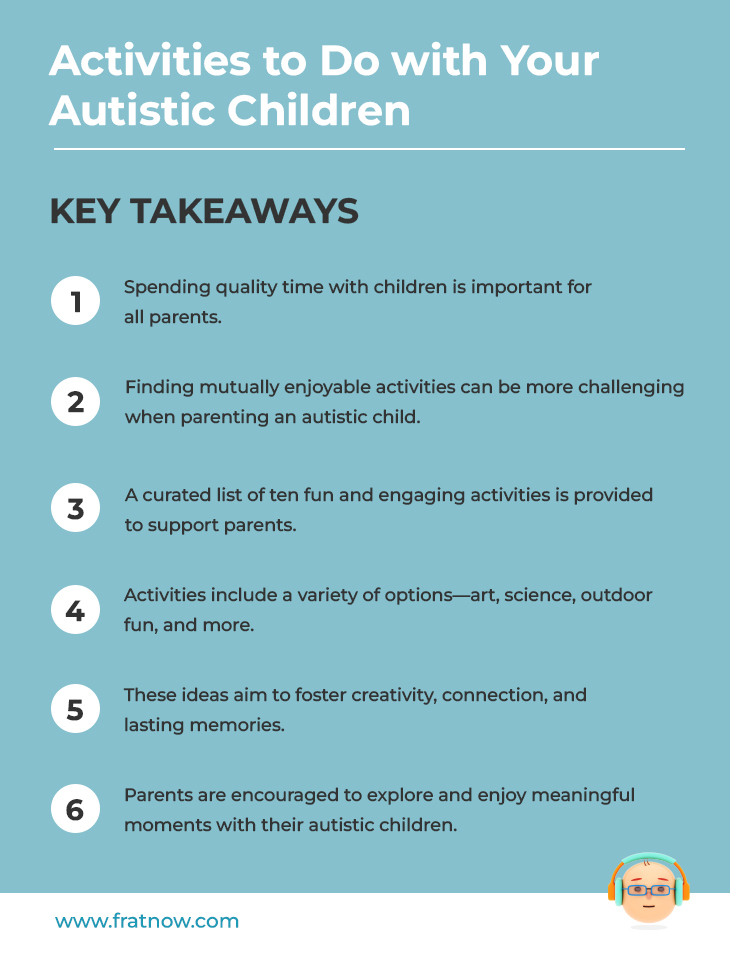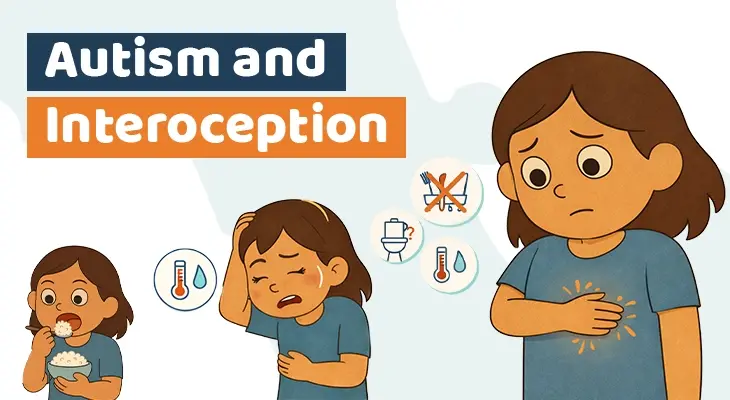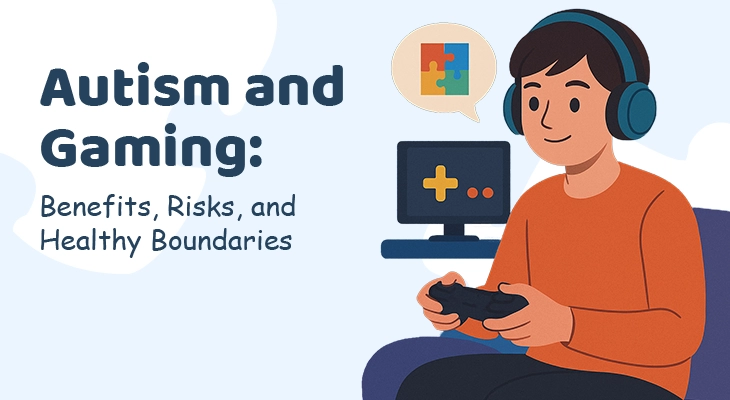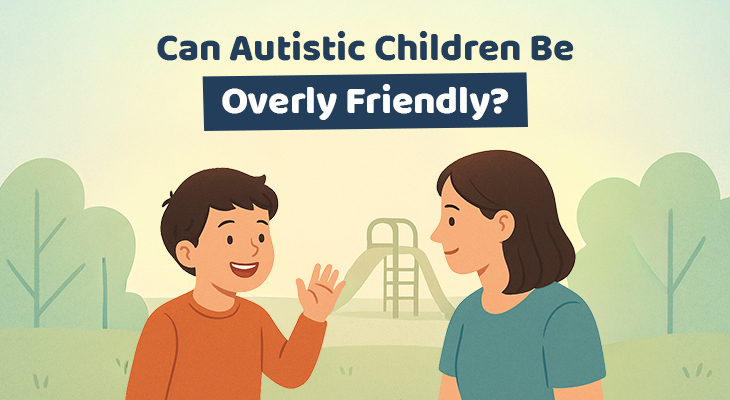
Download Download & share this Knowledge card in your network [Free Download]
Introduction
Spending quality time with your children is something all parents strive for, but it can be difficult to find activities that are enjoyable for both parent and child. If you have an autistic child, the challenge can be even greater.
To help, we’ve compiled a list of ten fun activities to do with your autistic children. From art and science to outdoor activities and more, these ideas are sure to provide hours of entertainment for both you and your children.
So, get ready for some creative, engaging, and memorable moments with your autistic children.

Download Download & share this infograph card in your network [Free Download]
Swimming
Swimming is an activity that is fun and relaxing for children with autism. It can help to reduce stress and improve communication skills, while also providing great physical exercise.
There are a variety of ways to enjoy swimming with your autistic child, such as taking them to a local pool or beach. Make sure to find out what type of activities and instructions your child enjoys best, such as diving, floating, and even playing in the water.
Allow your child to explore the different sensations in the pool, such as water temperature, textures, and movement. Establish clear rules and boundaries to ensure a safe and enjoyable swimming experience. With patience and practice, your child will be able to gain the skills needed to become a confident swimmer.
Painting
Painting is a great way to encourage creativity and problem-solving skills in autistic children. It can help them explore their emotions and constructively express themselves.
Choose a project that your child can do at home such as painting rocks, papier mache, or even finger painting. You can guide by demonstrating how to use the paints, but let your child take the lead and experiment with colors and techniques.
Allowing them to have control over their work is important as it allows them to feel accomplished when they are done. Make sure to provide positive reinforcement throughout the activity and lots of praise when they are finished!
Building
Building activities are a great way to engage children with autism. It encourages them to problem-solve and use their creativity. Lego sets, wooden blocks, and other construction toys can help children to develop problem-solving and fine motor skills.
You can also use everyday items like cardboard boxes, tubes, and spoons for building projects. For older children, you can encourage them to create models or prototypes. You could challenge them to build a bridge out of straws or construct a miniature version of a castle. Creating 3D models is an excellent way to help kids practice their fine motor skills and explore their imaginative side.
Building activities can be enjoyable and educational. They also help promote self-expression and boost confidence in autistic children. So why not give it a go and encourage your children to get creative?
Exploring
Exploring can be an incredibly rewarding activity for children with autism. It encourages problem-solving and creativity, which can help build confidence and independence.
Start by taking your child to a new place they have never been to before, like a nearby park or nature trail. Explain what you are doing and why, and give them a chance to ask questions.
Once you arrive at the destination, let your child take their time exploring and discovering different parts of the environment. Depending on the age of the child, you may need to aid or supervision. Allow your child to explore things at their own pace, as this can help them feel more secure and in control of their surroundings.
Hiking
Hiking is a great way to explore nature, get some fresh air, and exercise together. Make sure to bring plenty of snacks and water, as well as sun protection and appropriate clothing.
You may also want to bring a map of the area you’re exploring and familiarize yourself with the terrain before you set out.
Talk to your child about the sights you see and encourage them to use their senses to take in the experience. If you’re looking for an exciting new activity to explore with your child, consider a hike!
Camping
Camping is a great way to explore the outdoors with your autistic children. Be sure to bring a tent, sleeping bags, and other supplies that will make your camping trip comfortable.
If you can, find a place with a fire pit so that you can make s’mores and other snacks. Bring along plenty of activities to keep your kids entertained such as board games or art supplies.
Make sure that you get a map of the area and plan out what trails you want to take and which spots are suitable for camping. Be sure to be aware of potential dangers such as poisonous plants and wildlife. Taking a camping trip with your family can help your children learn more about nature, have fun, and bond together!
Going to the Beach
The beach can be a great place to spend quality time with your autistic child. There is plenty to explore, play and learn at the beach.
Whether you’re playing in the sand, building sandcastles, or exploring the tidepools, the beach can provide a unique learning environment for your autistic child. Be sure to pack plenty of sunblock and water.
It’s also important to bring hats, towels, and extra clothing in case your child decides to take a dip in the ocean. Show your child how to identify shells, crabs, and other forms of sea life.
Let them explore the ocean and make sure to point out any interesting creatures or shells that may have washed ashore. Don’t forget to have fun! Bring some floats or pool noodles for floating around in the water, or if your child is feeling brave, encourage them to try body surfing or boogie boarding.
As a company intimately involved in the Autism Community, our goal is to create supportive family systems and aid those with ASD to increase independence and improve quality of life. We hope this research will help everyone!
Summary
Spending quality time with your autistic children is incredibly important, and there are lots of fun activities you can do together. Swimming, painting, building, exploring, hiking, camping, and going to the beach are just a few of the activities that are both enjoyable and beneficial for your children. Make sure to plan these activities to ensure a smooth experience for everyone involved.
For information on autism monitoring, screening and testing please read our blog.




